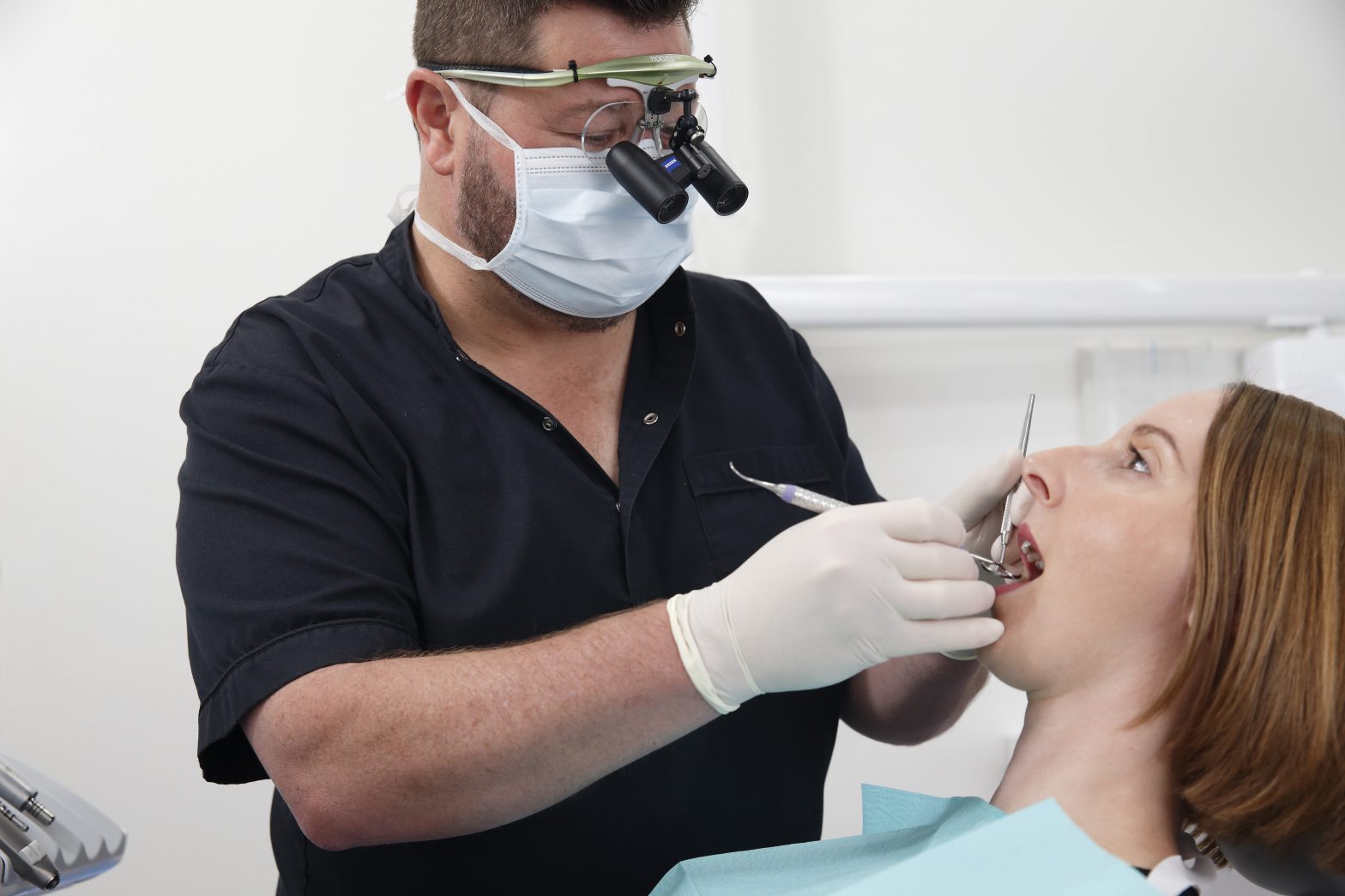Good dental health is about more than just looking good. Poor dental health is a proven contributor to coronary heart disease, diabetes and other general health complications, as well as discomfort and loss of dental function. Regular visits for hygiene are recommended to maintain good gum and oral health. The frequency of these appointments will depend on your individual circumstances and specific periodontal and dental needs.
- Meticulous cleaning of teeth
- Evaluation and care of gum tissue
- X-Rays for decay detection and monitoring of periodontal health in hard-to-see places
- Providing education in hygiene techniques
- Offering advice on diet, lifestyle and/or medical conditions that can affect oral health
- Applying preventative agents such as fissure sealants and fluoride
Oral health therapists are specialists in providing these services.
Gum Disease
In the early stages of gum disease, bacteria in plaque and calculus can cause an inflammation in the gums called gingivitis. Gingivitis can usually be treated successfully by removal of the plaque and calculus, followed by gentle but thorough cleaning and regular maintenance. The more advanced stage of gum disease, called periodontitis, can cause serious damage to teeth and gums, and the bone that supports the teeth. As gum disease inflammation and infection get worse, pockets form between gum and teeth resulting in teeth becoming loose, falling out or requiring extraction. Periodontal treatment will stop or slow down the progression of gum disease. Although often painless, bleeding gums should not be ignored.
Electric Toothbrushes
Although the use of any toothbrush is far preferable to not using one, we highly recommend the use of an electric toothbrush as they are clinically proven to be more effective at removing plaque and stains. Superior plaque removal leads to less decay, healthier gums and good breath.
Medications and Dental Health
Many prescription medications can have unwanted oral side effects, particularly involving saliva. This can lead to dry mouth or saliva that is not as effective in protecting teeth from acids which in turn can lead to decay, gum disease and bad breath. It is important to address these symptoms in order to circumvent any potential issues that may arise as a result.
Dental Health in Women
During puberty, menstruation, pregnancy, breast feeding and menopause, fluctuating levels of female hormones can cause swelling and changes to the gums and increase the risk of tooth and gum diseases. Hormone medications such as the contraceptive pill and HRT, as well as other prescription and non-prescription medications, can also play a role in a woman’s oral health. Regular hygiene visits and check-ups will help monitor and maintain good oral health.
